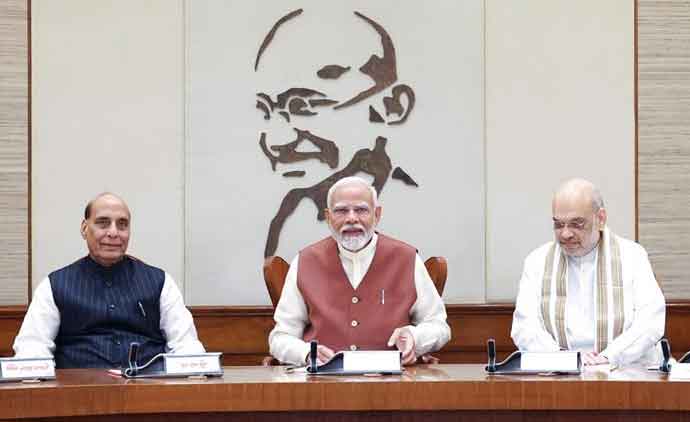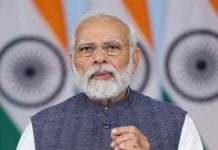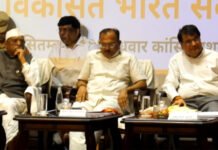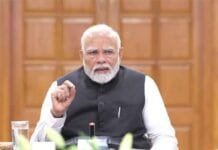Prime Minister Narendra Modi assumed his role for the third term and promptly chaired the NDA Parliamentary Party meeting on Tuesday, marking a significant moment in Indian parliamentary affairs. This meeting, a pivotal event post-elections, underscored Modi’s leadership and set the tone for the alliance’s legislative strategy.
Setting the Agenda: Addressing New and Veteran MPs
At the outset, PM Modi emphasized the importance of thorough preparation and grassroots engagement for all MPs. His address highlighted the need for disciplined conduct within Parliament and efficient representation in their constituencies. This directive was especially pertinent for newly elected members, urging them to uphold parliamentary decorum and avoid unnecessary media statements.
Acknowledging Challenges: A Critique of Opposition
During the meeting, PM Modi candidly discussed the challenges faced from political opponents, notably referencing the Gandhi family’s reactions to his tenure. He expressed that the opposition’s discomfort with his leadership reflected broader sentiments about his non-traditional background, citing his humble origins as a tea seller. This acknowledgment underscored his commitment to breaking traditional barriers and promoting meritocracy in Indian politics.
Strategic Vision: Moving the NDA Forward
Under Modi’s stewardship, the NDA outlined its vision for the upcoming legislative sessions, aiming to prioritize national development and effective governance. The meeting also served as a platform to reaffirm the alliance’s commitment to inclusive growth and sustainable policies. Key agenda items included economic reforms, infrastructure development, and social welfare initiatives aimed at benefiting all segments of society.
Parliamentary Preparedness: Ensuring Effective Governance
PM Modi stressed the importance of thorough preparation before attending parliamentary sessions. His directive aimed at enhancing the quality of debates and legislative output, emphasizing data-driven decision-making and comprehensive understanding of policy implications. This approach aligns with Modi’s proactive governance style, focusing on efficiency and accountability in parliamentary proceedings.
Addressing the Role of Opposition: Constructive Criticism vs. Political Posturing
In his remarks, PM Modi highlighted the role of constructive criticism in a democratic setup while cautioning against political posturing for the sake of opposition. His stance aimed at fostering a healthy discourse within Parliament while upholding the dignity of democratic institutions. This approach reflects Modi’s commitment to robust governance and his willingness to engage in dialogue across party lines for the greater good of the nation.
Conclusion: Charting a Path for India’s Future
In conclusion, Prime Minister Narendra Modi’s chairing of the NDA Parliamentary Party meeting marked a significant step in India’s democratic journey. His leadership continues to shape the political landscape, emphasizing efficiency, transparency, and inclusive development. The meeting not only outlined strategic priorities but also underscored Modi’s vision for a progressive and prosperous India.
















